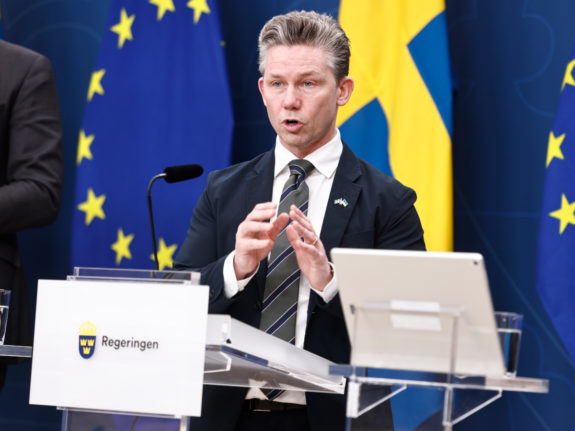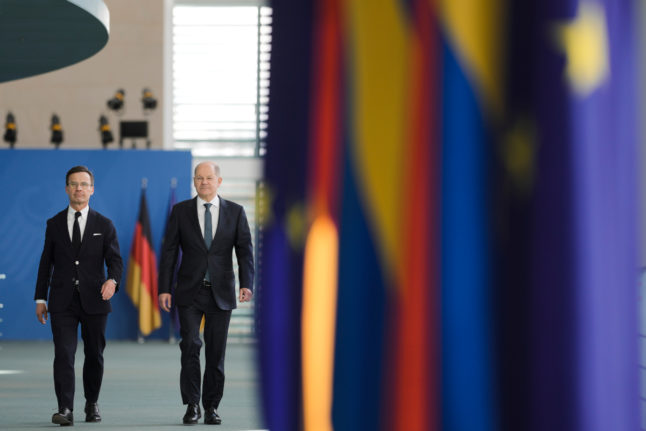“The reason we are continuing to support Ukraine is a matter of humanity and decency. Russia started an illegal, unprovoked and indefensible war,” Defence Minister Pål Jonson told a news conference.
The package will consist of artillery shells, air defence, boats and underwater weapons such as mines and torpedoes as well as training for Ukrainian soldiers.
It marks Sweden’s 15th aid package to Ukraine and is the largest yet.
Previously, Sweden has sent its Archer mobile artillery system, 50 of its CV90 armoured combat vehicles as well as “around 10” Leopard 2 tanks and anti-air missile systems.
The announcement comes just days before the war in Ukraine enters its third year after Russia’s invasion on February 24, 2022.
A heightened offensive in eastern and southern Ukraine saw Russia capture the key town of Avdiivka last week.
The Ukrainian military also says it is critically short of ammunition and shells, worsened by the holdup of a $60 billion US aid package.
“The situation in Ukraine is difficult,” Jonson conceded during the press conference.
The Swedish government also said the aid was essential to ensure the long-term security of the Nordic country.
Mikael Oscarsson of the Christian Democrats, a member of the coalition government, said that “there would be direct consequences for our own security if Putin were to win.”



 Please whitelist us to continue reading.
Please whitelist us to continue reading.
Member comments